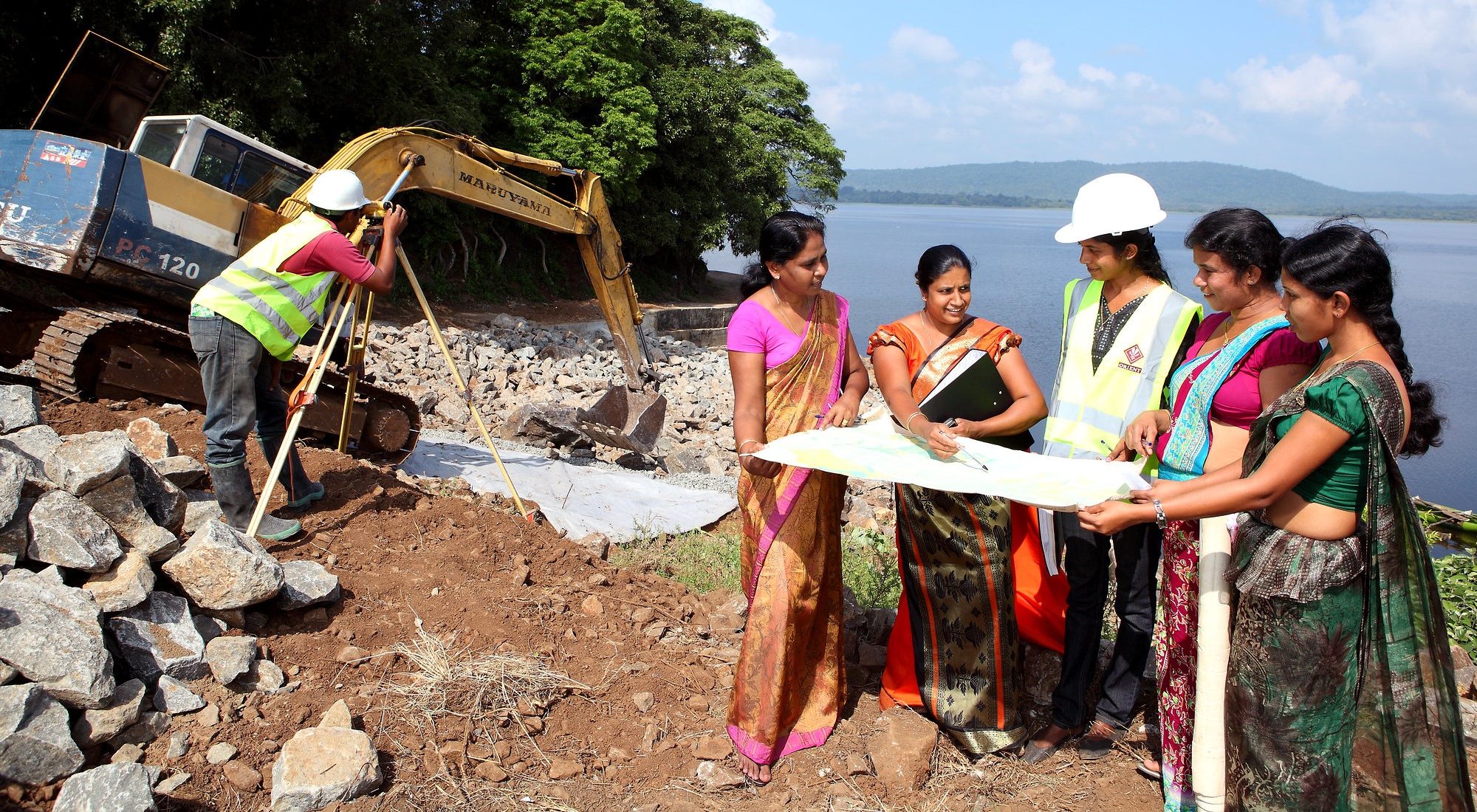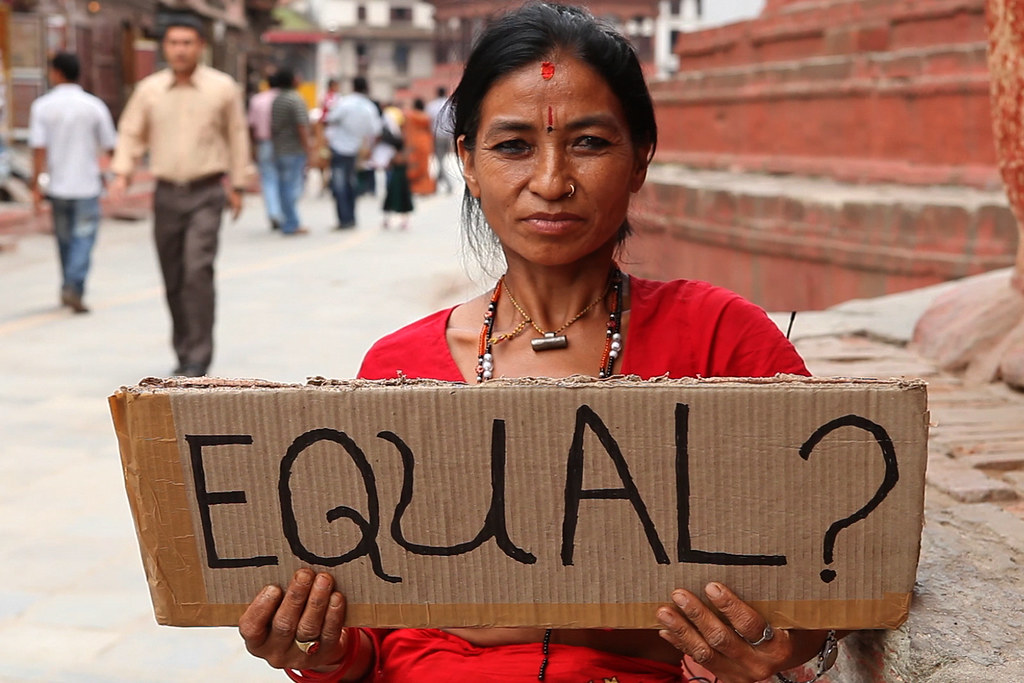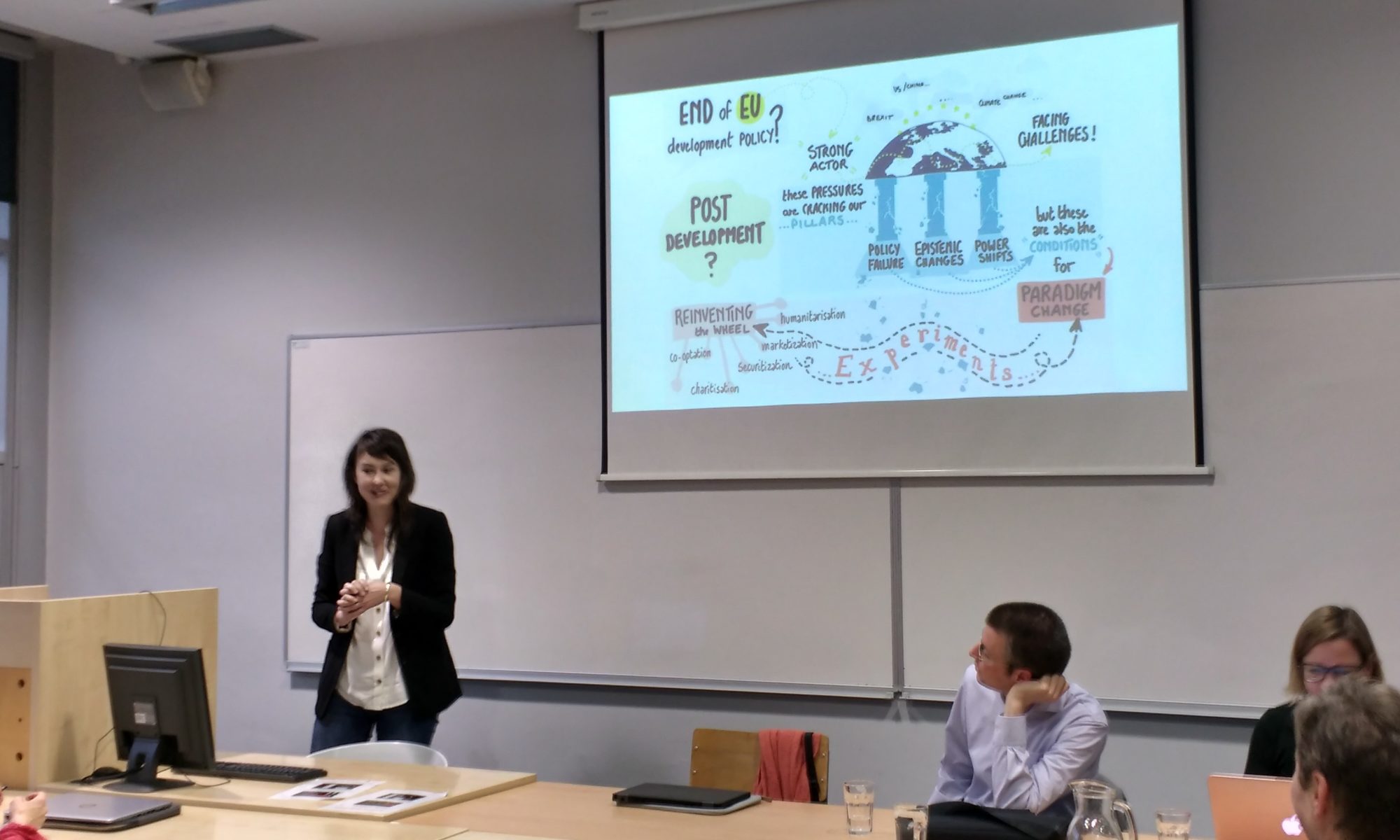By Smriti Sharma
Women are undoubtedly doing better today than they were even 40-50 years ago. The gender gap has shrunk in many areas, including educational attainment, health, and employment and wages. Despite these advances, we cannot become complacent as there is still much work to be done. Continue reading “Moving out of identity silos and into intersectionality: the example of gender identity”




